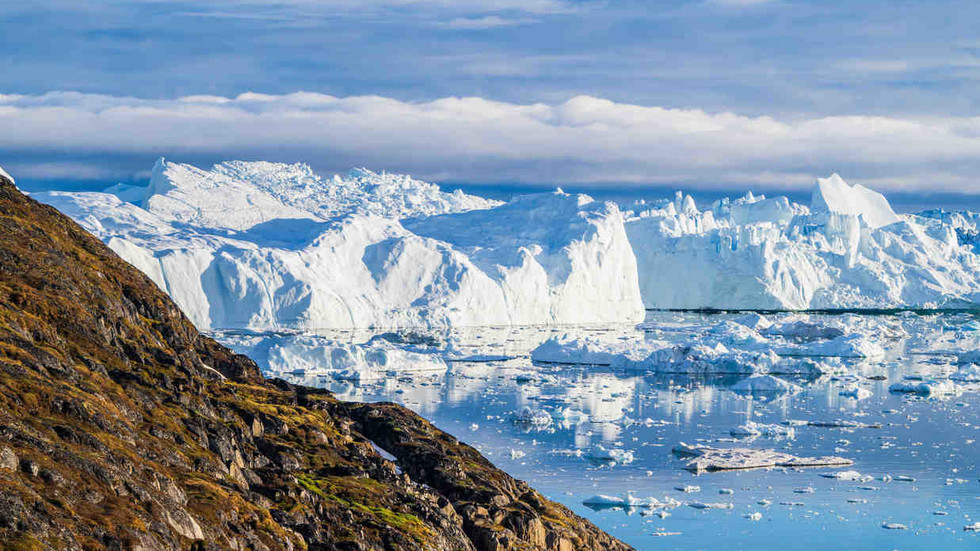In recent statements, US President-elect Donald Trump has reiterated the importance of Greenland, an autonomous territory of Denmark, for US national security. During his first presidential term, Trump had proposed the acquisition of Greenland, referring to it as a significant “real estate deal.” He reasoned that the Danish government might be inclined to sell due to the financial burden that supporting Greenland imposes on them. This assertion was met with outright rejection from both Denmark and Greenland, leading Trump to cancel his planned state visit to Copenhagen in 2019. However, Trump has persisted in his belief that US ownership of Greenland is vital, emphasizing its strategic value in a recent post on his TruthSocial platform. He stated, “For purposes of national security and freedom throughout the world, the US feels that the ownership and control of Greenland is an absolute necessity.”
In conjunction with his comments on Greenland, Trump announced his choice for the ambassador to Denmark, naming Ken Howery, a co-founder of PayPal and former envoy to Sweden from 2019 to 2021. Trump praised Howery’s previous performance, claiming he would effectively represent US interests in Denmark. This diplomatic appointment underscores the importance that Trump places on strengthening ties with the Danish government while advocating for US interests in the Arctic region. With Greenland’s geographical and strategic significance, particularly regarding its access to the Arctic and the potential for resource extraction, the appointment may signal a renewed focus on Arctic affairs under a Trump administration.
Greenland’s vast territory covers approximately 2,166,086 square kilometers, about six times the size of Germany, yet it has a small population of fewer than 57,000 residents due to its extensive ice coverage. Beneath its icy surface, however, lie promising natural resources, including gold, silver, copper, uranium, and vast oil reserves under its maritime shelf. The growing competition for these resources has intensified geopolitical interest in the region, particularly from the US, Russia, and other nations looking to assert their dominance in the Arctic. Trump’s vision for Greenland aligns with broader US strategic interests, as the Arctic has become an increasingly contested area.
Recent geopolitical tensions have ignited discussions on the US’s role in the Arctic, with Russian Foreign Minister Sergey Lavrov highlighting concerns over the US-led NATO bloc’s military maneuvers in the region. Lavrov pointed out Washington’s ambitions for global influence, warning that such desires extend into Arctic affairs, with potential implications for international security. He assured that Russia is prepared to defend its interests in the region through military and political means. This highlights the pressing nature of Arctic geopolitics, which is shaping US policies toward territories like Greenland, as nations vie for control over emerging trade routes and valuable resources due to climate change’s effects on ice melting.
As Greenland’s strategic significance escalates, the US’s interest is not merely about acquiring land but about securing a foothold in an area poised for increased economic activity and military presence. The territory’s rich natural resources could play a vital role in ensuring energy security and mitigating reliance on outside sources, which has consistently been a concern among US policymakers. Donald Trump’s focus on acquiring Greenland reflects a broader imperative of ensuring that the US remains a dominant power in global affairs, particularly within the increasingly volatile context of Arctic geopolitics.
In conclusion, the potential acquisition of Greenland symbolizes a larger narrative of national security and strategic interests in the Arctic region. As President-elect Donald Trump seeks to bolster US presence and influence in the Arctic, the implications for international relations, resource competition, and military positioning are profound. The diplomatic moves, including the appointment of Ken Howery as ambassador to Denmark, signal an intent to strengthen US ties while advocating for its interests in the region. The geopolitical atmosphere surrounding Greenland and the Arctic is likely to shape international dynamics for years to come, as nations grapple for control of emerging trade routes and resources in an area previously overlooked but now thrust into the global spotlight.

